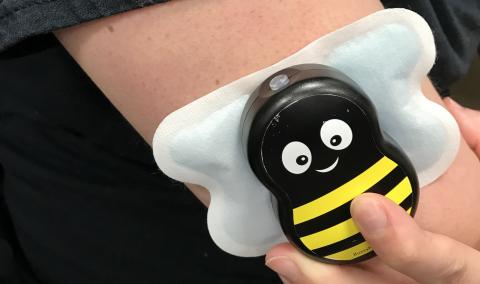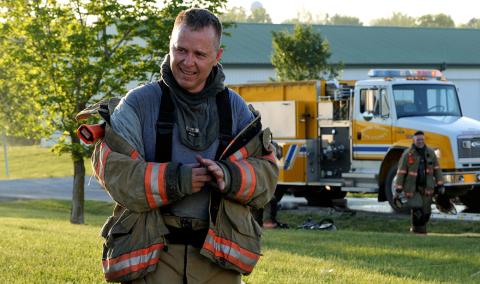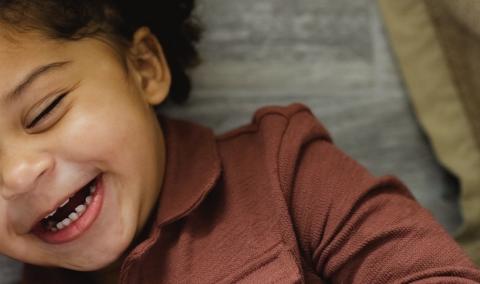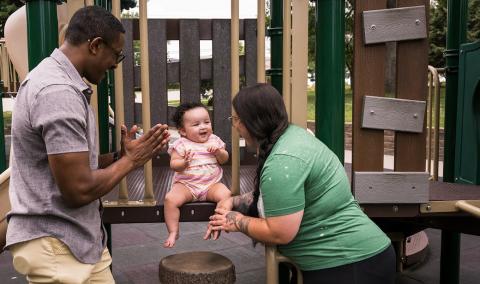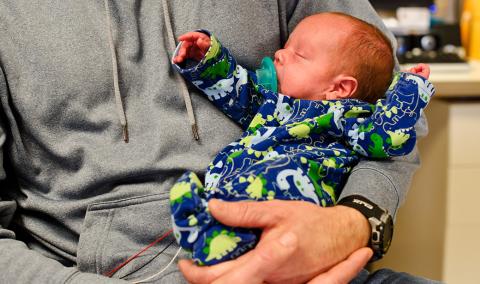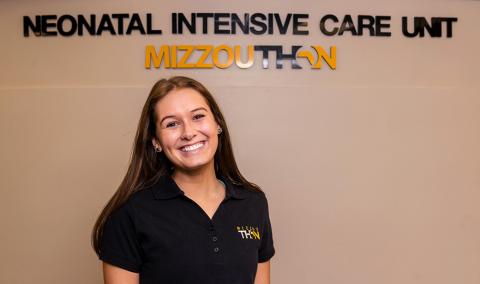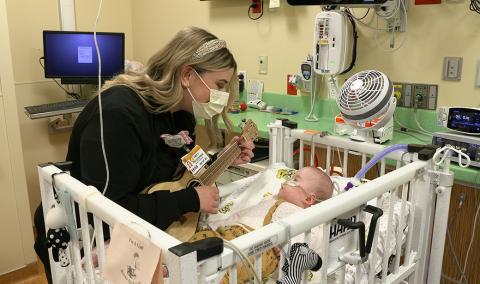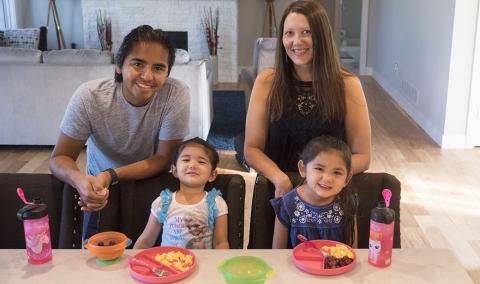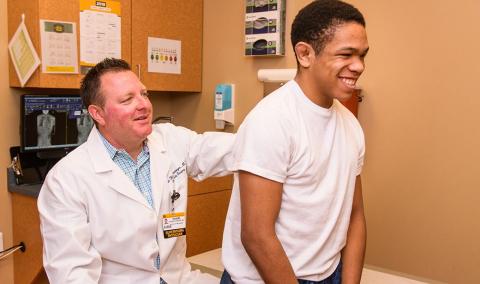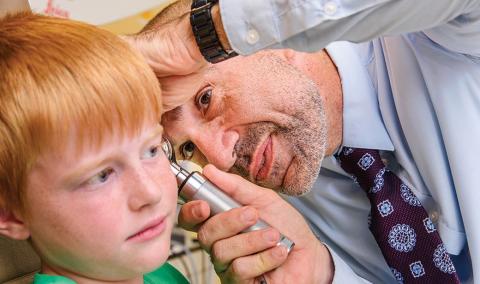Children’s Hospital offers a comprehensive chest wall malformations program that treats kids, adolescents.
Our surgeons are specially trained in minimally invasive procedures and can treat the most complex chest wall malformations. We take a team approach to create a customized treatment plan that provides the best care for your family. Our specialized board-certified experts, including pediatric surgeons, pediatric pulmonologists and pediatric cardiologists from across MU Health Care work together with physical and occupational therapists to coordinate your care.
Chest Wall Malformations We Treat
- Pectus excavatum: Also known as “sunken chest” or “funnel chest,” pectus excavatum occurs when an abnormal growth of cartilage within the chest wall pushes the sternum and ribs inward, creating a caved-in or sunken appearance.
- Pectus carinatum: Also known as “pigeon chest,” pectus carinatum is when chest cartilage grows up and out, forcing the sternum forward.
- Poland syndrome: A condition in which the chest wall muscle and ribs are underdeveloped or absent.
- Slipped ribs: A condition in which lower rib cartilage slips and moves pinching the nerves and causing significant pain that is commonly misdiagnosed.
- Congenital rib anomalies: Rib cartilage deformities.
- Juene syndrome: A condition characterized by a bell-shaped, narrow chest that causes breathing difficulties.
- Jarcho-Levin syndrome: A condition characterized by a crab-like chest that causes breathing difficulties.
Your Experience
Because of the visual nature of chest wall conditions, many can be diagnosed by a primary care doctor, who will then refer your family to our surgery team to discuss treatment options.
What to Expect During Your First Visit
For your first appointment at our clinic, you will be seen by a pediatric surgeon and our advanced practice nurse. We will go over your medical, surgical and family history and conduct a physical exam. Based on this information, our team will provide an in-depth description of the diagnosis and go over any appropriate surgical and nonsurgical treatment options.
Comprehensive Work-Up
After the initial visit, our team might order a few tests — such as an echocardiogram (ultrasound of the heart), CT or MRI scan, pulmonary function tests and cardiopulmonary exercise testing — to help evaluate the severity of the condition and its effects on the structure and function of the heart and lungs. We’ll then use that to build a personalized treatment plan and define next steps.
Related Conditions & Treatments
- Adolescent Medicine
- Chest Wall Deformities
- Down Syndrome
- Emergency Care for Kids
- Gastrostomy and Feeding Access Program
- Hyperbaric Oxygen Therapy
- Juvenile Diabetes
- Neonatology
- Pediatric Anesthesiology
- Pediatric Cancer
- Pectus Carinatum
- Pectus Excavatum
- Pediatric Cardiology
- Pediatric Dermatology
- Pediatric Development and Behavior
- Pediatric ENT (Ear, Nose and Throat)
- Pediatric Epilepsy
- Pediatric Eye Care
- Pediatric Gastroenterology
- Pediatric Infectious Diseases
- Pediatric Inpatient Rehabilitation
- Pediatric Nephrology
- Pediatric Neurology
- Pediatric Neurosurgery
- Pediatric Orthopaedics
- Pediatric Plastic Surgery
- Pediatric Primary Care
- Pediatric Psychiatry
- Pediatric Pulmonary Medicine
- Pediatric Sleep Medicine
- Pediatric Surgery
- Pediatric Surgical Services
- Pediatric Urology
- Pediatric Vascular Anomalies
- Pediatric Weight Management
- Sickle Cell Disease
- Aerodigestive Program





